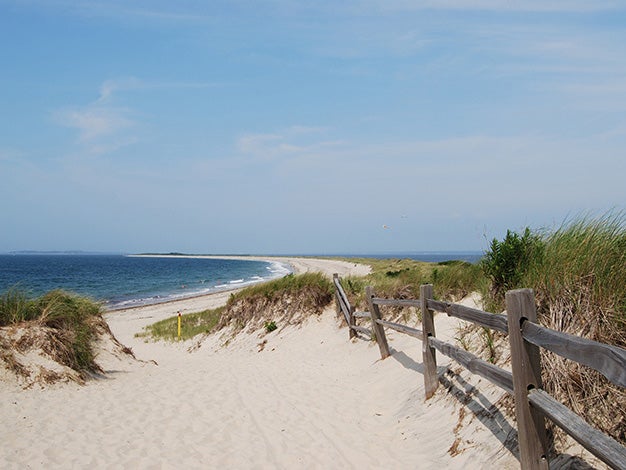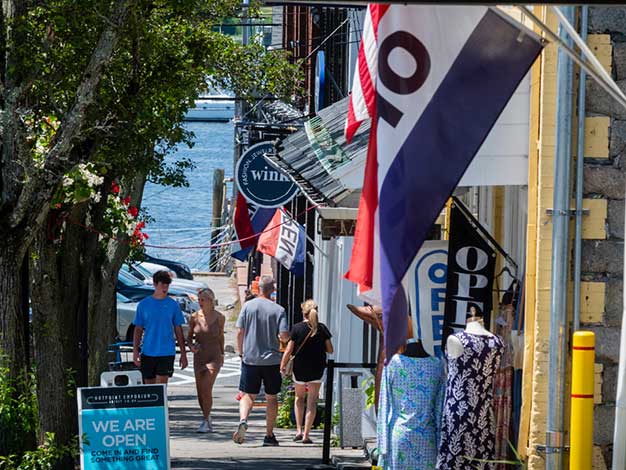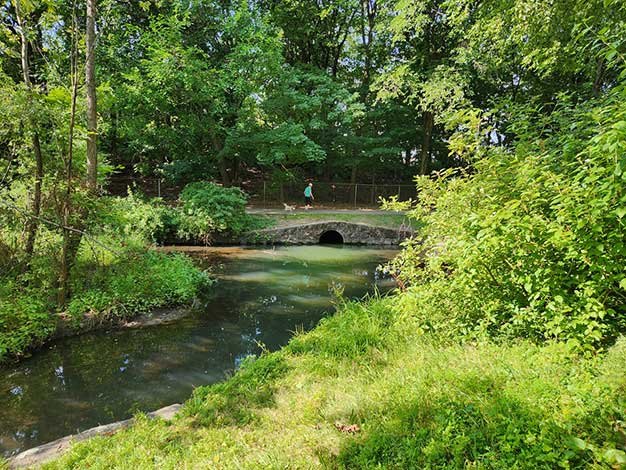Coastal Institute Climate Response Demonstration Sites (CRDS) test, monitor, and demonstrate ecosystem and community-response climate response strategies.
CRDS support existing programs and partnerships by:
- providing funding for research and monitoring gaps
- serving as a convener and a connector to external expertise
- linking URI students and faculty to local coastal issues
- supporting pilot projects that demonstrate community resilience and catalyze funding
- developing a transferable framework to share data and best practices
Impacts of climate change vary widely across coastal environments. CRDS explore place-based approaches to adaptation reflecting differences in landscape, geology, coastal processes, development, and human use.



